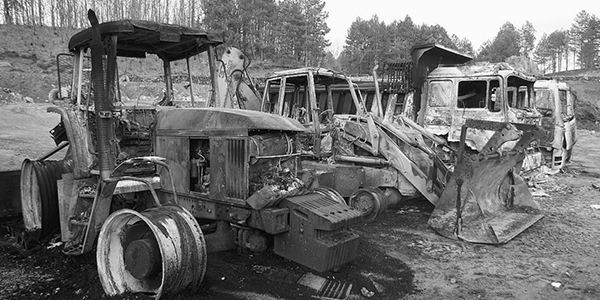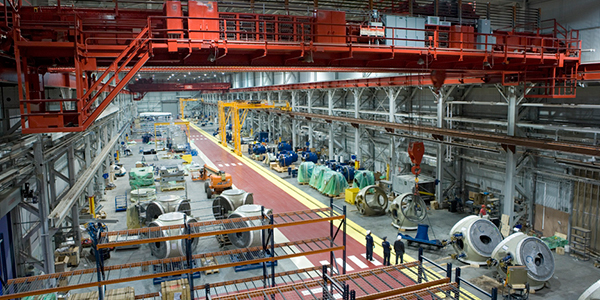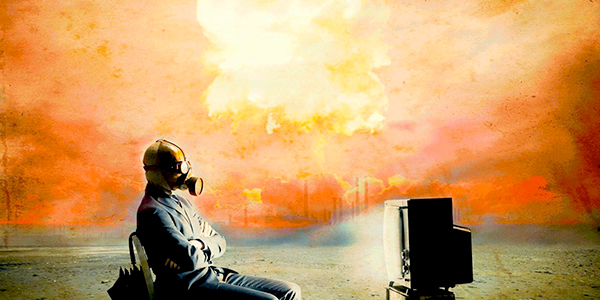Civilization’s continuance requires widespread denial among the populace of civilized nations. The denial of the inherent unsustainability and violence of civilization is, for example, pivotal in the conventional understanding of civilized existence as the most “advanced” or “highest” form of societal organization. While denial of the egregious material consequences of civilization is the most blatant example of this culture’s sickness, there’s an intuitive sense among those who are aware of civilization’s destructive nature that there are deeper socio-psychological problems in the substratum of civilized life. Although often undetected, the denial of impermanence is one of the strongest underlying forces behind civilization’s rapacity and attendant destructiveness.
Impermanence is inherent to existence regardless of sociocultural arrangements, present in cyclical indigenous cultures and contemporary linear industrial civilization alike. Despite this undeniable fact, the way a culture relates to impermanence plays a large part in determining its sustainability, the level of violence it perpetuates, and the internal well-being of its members.
One option is to accept and even embrace the basic uncertainty of an impermanent world. We may get sick at any time. We will certainty grow old. And, incontrovertibly, we will experience the most conspicuous and mysterious of impermanences: death. Another option is to tell ourselves that impermanence doesn’t exist. We can decide to fear old age, illness, and death. [2] as the greatest of horrors and center our morality around what historian Faisal Devji calls “life as an absolute value.” [3] Since death is an impermanence that cannot be avoided, it is worth reflecting further on its place in society and, in turn, our individual psychologies.






